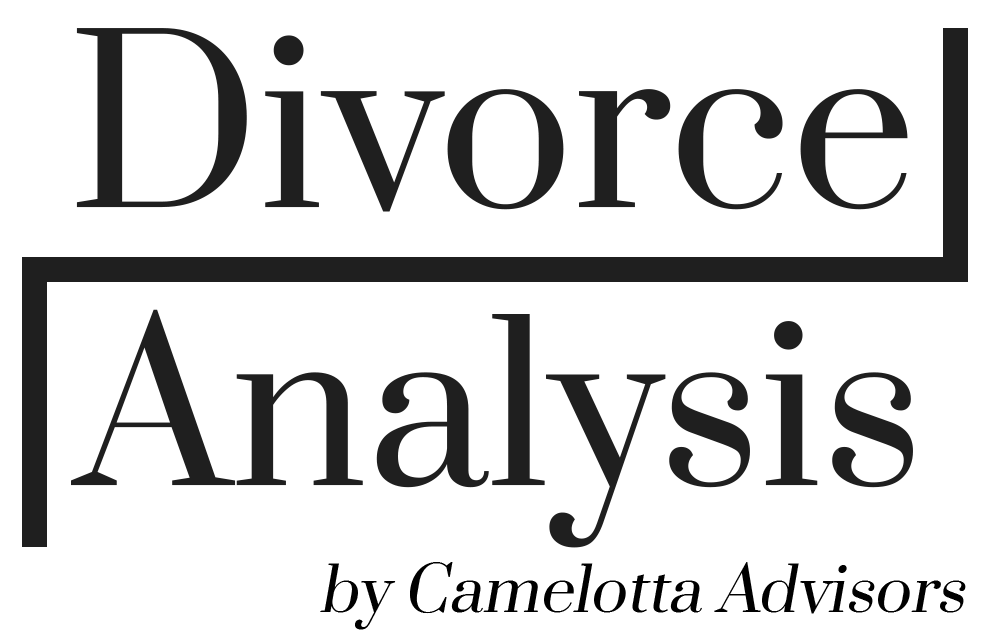In most divorces, a range of legal settlements is possible. It is worthwhile to understand the varying financial impact of different settlements
Attorneys and legal counselors can help you understand your rights during a divorce. However, those going through a divorce often require additional financial planning that considers the consequences of various settlements. Can you really afford to keep your house even if you have a right to it? What does your divorce mean for your ability to achieve life goals like education and travel for you and your children? Your future is in your hands. With the best tools and knowledge, you can gain control of your financial future.
Your standard of living will, most likely, drop, the question is: how much?
Married couples realize economies of scale by sharing costs. Think about the valuable things married couples share: housing, cars, even cable TV. There are also intangibles such as child care time or time spent cleaning the house. Once you are separate, you will each need to pay for these necessities separately. In the absence of more income, these costs will comprise a larger slice of your combined income. Consequently, you can expect at least fewer savings, and possibly, a reduction in your standard of living.
Your financial success or failure will, most likely, depend on your ability to negotiate with your former spouse
Most divorces do not go to trial. Instead, divorce settlements normally result from negotiations that end when both parties feel they have reached a fair settlement. This process is no different, in principle, from the way you would negotiate for a new house or a new car. However, it is surprising that many never bother to consider basic negotiating principles as they head into their divorce.
Since you will be selling all of your possessions, it is important to find the highest bidder
At a basic level, the financial processes behind a divorce involve both parties valuing their assets and liabilities. We like to think of this process as equivalent to you selling everything you own (including debts!). The ultimate buyer could be a third party, your spouse, or maybe even yourself. However, the difference lies in the fact that all of your possessions will be marked to market. Mark to market is a finance expression that means you will realize any gains or losses in the value of your possessions. In other words, you will cash out of your holdings whether you are winning or losing.
